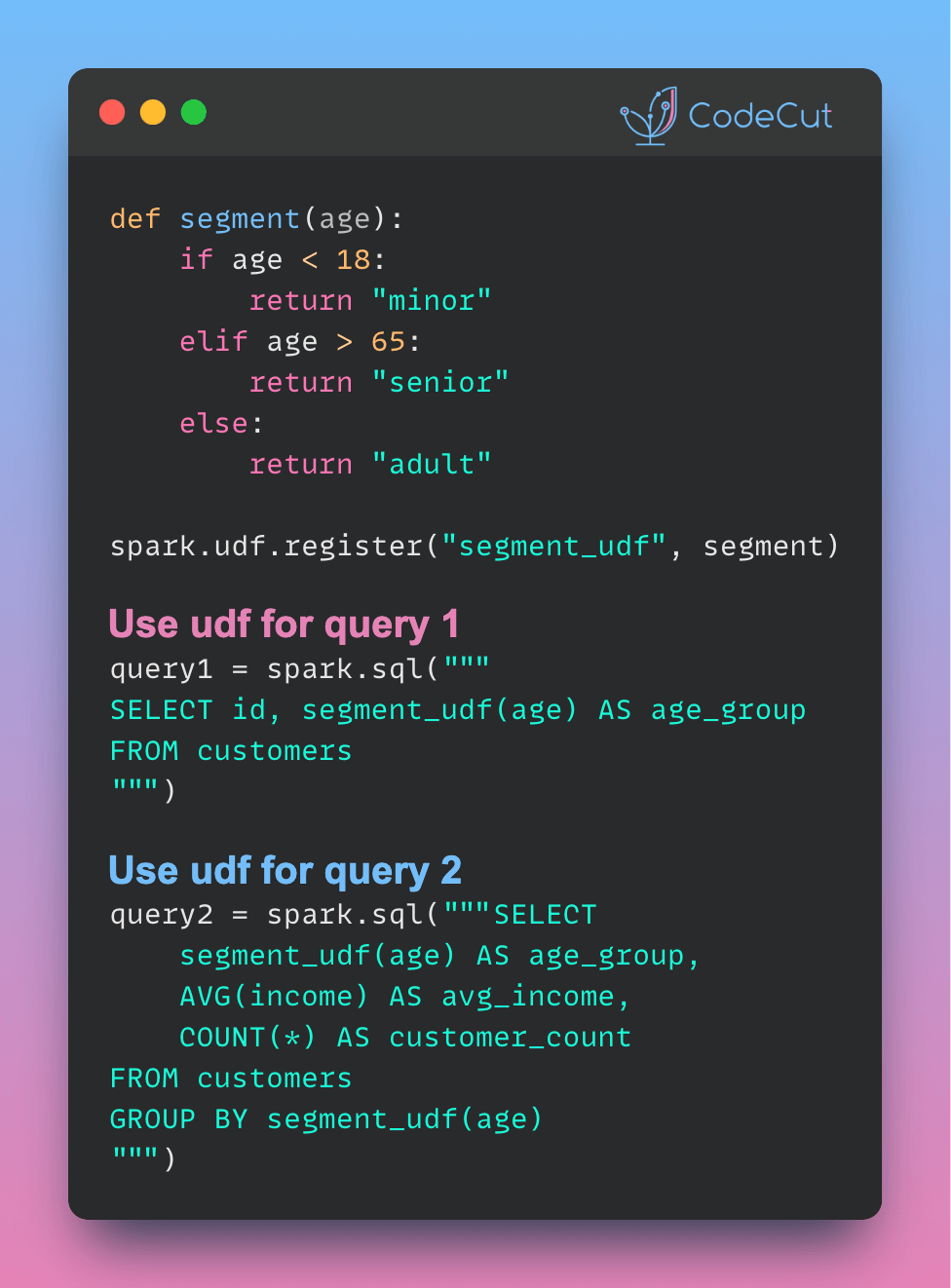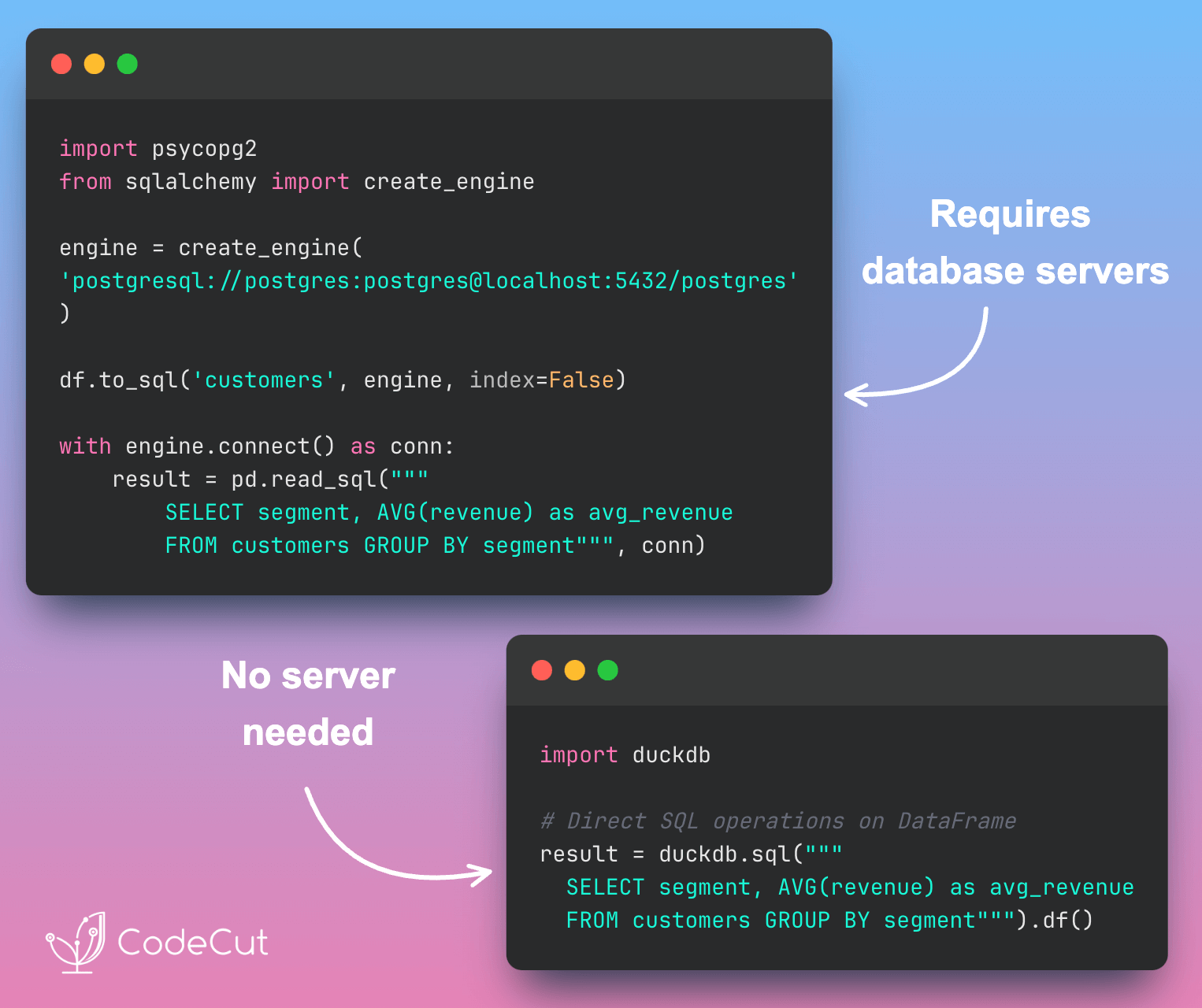Motivation
Writing and maintaining SQL queries across different database systems can be challenging. Each system has its own dialect, syntax, and quirks, making it difficult to ensure compatibility and consistency when working with multiple databases.
For example, consider a scenario where you need to convert a SQL query written in one dialect (e.g., MySQL) to another (e.g., Spark SQL):
SELECT IFNULL(employee_name, 'Unknown') AS employee_status
FROM employees;This query uses the MySQL-specific IFNULL function to replace null values in column_name with 'default_value'. However, Spark SQL uses the COALESCE function for this operation. Converting such queries manually can be tedious and prone to errors, especially when dealing with large-scale migrations.
Introduction to SQLGlot
SQLGlot is a Python-based SQL parser, transpiler, optimizer, and execution engine. It supports translating between 24 different SQL dialects, including MySQL, Spark SQL, Presto, Snowflake, and BigQuery.
To install SQLGlot, use the following command:
pip install sqlglotIn this post, we will demonstrate how SQLGlot can simplify the process of converting SQL queries between dialects, specifically from MySQL to Spark SQL.
SQL Parsing and Transpilation with SQLGlot
SQLGlot makes it easy to transpile SQL queries between different dialects. For example, consider the following MySQL query:
mysql_query = """
SELECT IFNULL(employee_name, 'Unknown') AS employee_status
FROM employees;
"""This query uses the MySQL-specific IFNULL function. To convert it to Spark SQL, you can use SQLGlot as follows:
import sqlglot
# Transpile the MySQL query to Spark SQL dialect
spark_sql_query = sqlglot.transpile(mysql_query, read="mysql", write="spark")[0]
print(spark_sql_query)Output:
SELECT COALESCE(employee_name, 'Unknown') AS employee_status
FROM employees;Here, SQLGlot automatically converts the MySQL IFNULL function to Spark SQL’s COALESCE function. This ensures compatibility and saves time when migrating queries between MySQL and Spark SQL.
Conclusion
SQLGlot is a versatile tool for SQL parsing and transpilation, making it easier to adapt queries for different database systems. By automating the conversion process, SQLGlot reduces the risk of errors and accelerates database migrations.





